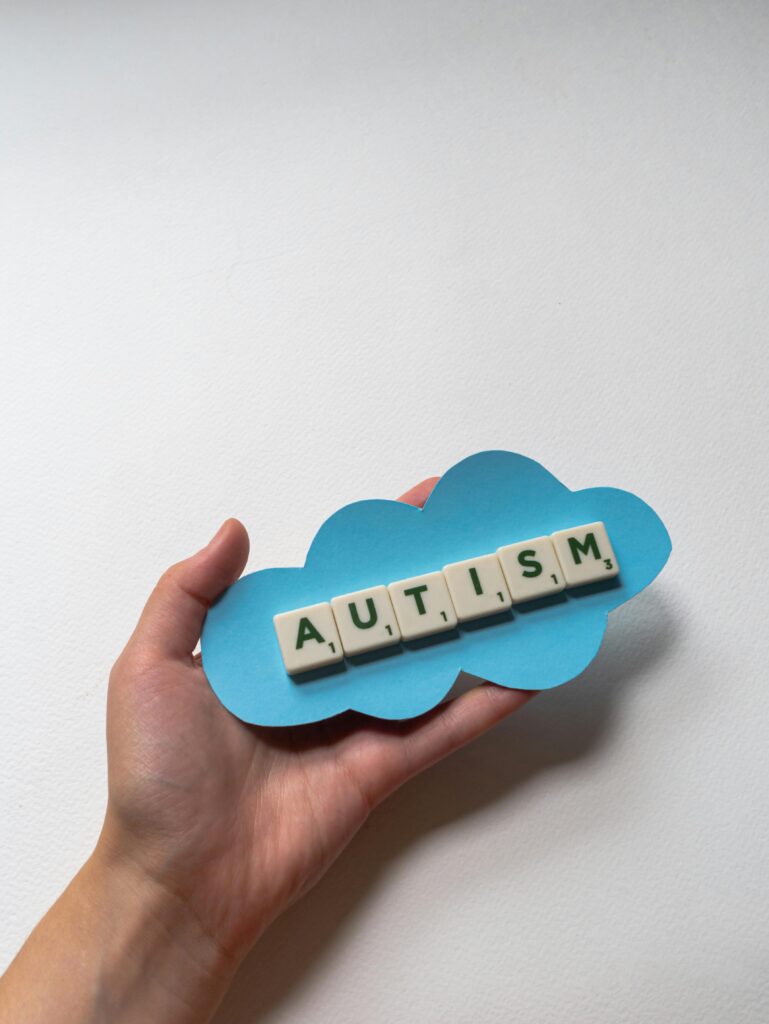5 Common Assumptions About Autistic Kids — That Could Be Holding Them Back
Autistic kids are amazing, complex, and unique—but they often come with a set of assumptions from the world around them. Parents, teachers, and even well-meaning peers sometimes make these assumptions without realizing the impact. While assumptions may come from a good place, they can unintentionally limit growth and opportunities. Here are five common misconceptions and […]
5 Common Assumptions About Autistic Kids — That Could Be Holding Them Back Read More »









